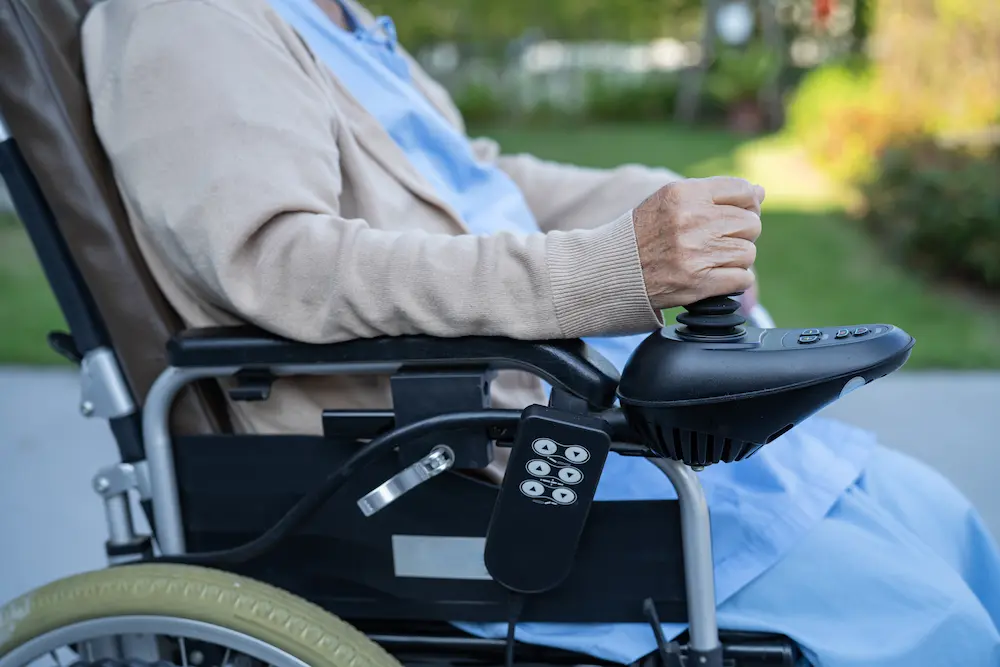In Florida, the decision to revoke a driver’s license of an elderly person is not an easy task. It’s a sensitive issue that combines legal, ethical, and emotional aspects. Knowing how to approach this situation respectfully and lawfully is essential for families and caregivers. The process is designed to protect not only the elderly individuals but also the public. In this guide, we will explore the steps involved in the process, legal implications, and provide some helpful resources to ensure you are fully informed.

Understanding the Need for Revocation
The first step in the process is understanding why such a measure might be necessary. Aging can impact driving abilities, including vision, reaction times, and cognitive functions. In some cases, revoking an elderly person’s driver’s license becomes a safety imperative.
Signs That It Might Be Time to Stop Driving
Recognizing the signs that suggest a person should stop driving is crucial. These signs include frequent close calls, difficulty navigating familiar places, and trouble with moving traffic signals. These indicators can help family members objectively assess the situation.
Assessing Health and Driving Ability
Regular health assessments can provide insights into an elderly person’s ability to drive safely. Doctors might need to evaluate conditions like diminished eyesight, hearing, and cognitive decline.
The Legal Framework in Florida
Florida’s Licensing Authority
The Florida Department of Highway Safety and Motor Vehicles (FLHSMV) handles the licensing and revocation process. Understanding their guidelines and requirements is key to initiating the revocation process.
Family Member and Physician Interventions
Florida allows physicians and family members to report unsafe drivers. A comprehensive report detailing reasons for concern can be submitted to the FLHSMV. It includes medical records and personal observations, and this submission is kept confidential.
Steps to Revoke a Driver’s License
1. Gathering Information and Documentation
Before initiating a formal process, gather relevant medical documents, driving records, and any personal notes on the elderly driver’s ability. This information supports the application to the FLHSMV.
2. Submit a Request to FLHSMV
Family members or physicians can submit a formal request to the FLHSMV. This can be done through a written statement detailing the reasons for the revocation request.
3. Medical Evaluation Requirement
Upon receiving a request, the FLHSMV may require the elderly driver to undergo a mandatory medical evaluation. A licensed medical professional will assess the driver’s ability to continue driving safely.
4. Formal Hearing
If a medical evaluation suggests a risk, the FLHSMV may hold a formal hearing. This hearing provides an opportunity for the elderly driver to contest the findings or provide additional evidence.
5. Decision on Revocation
After the hearing, the department will make a decision regarding the drivers license. If the license is revoked, it doesn’t always mean a permanent ban from driving – sometimes, it’s a stimulation to improve health and skills.
dealing with Emotional Implications
Having a Difficult Conversation
Having a conversation about revoking a driver’s license is emotionally challenging. It’s important to approach the situation with empathy, understanding, and patience.
Providing Alternative Transportation Solutions
When an elderly person’s license is revoked, providing alternatives helps maintain their independence. Options include public transportation, ride shares, or community shuttles.
Resources and Support
Many resources are available to guide families through this process. Websites such as The Good Care Group offer valuable information and support networks.
Health Considerations
Understanding the underlying health conditions affecting driving ability is vital. Stage 3 kidney disease and cognitive issues are examples.
Looking Ahead
With proper measures in place, most elderly individuals can adapt to a lifestyle without driving. Adjusting to changes like flying safely or exploring new transport options can be empowering.
Improving Quality of Life
Transitioning away from driving can open new doors to enrich the elderly person’s life, such as improvements in social interaction and lifestyle changes.
Conclusion
Revoking a driver’s license for an elderly individual in Florida requires a balance of sensitivity, responsibility, and understanding. The process ensures the safety of everyone on the road while providing the elderly with the care and respect they deserve. Considering health, legal, and emotional factors can lead to a thorough and compassionate approach.

FAQs
1. Who can initiate the revocation of an elderly person’s driver’s license in Florida? Family members, physicians, and other concerned parties.
2. What is the role of a medical evaluation in this process? It assesses the cognitive and physical abilities required for safe driving.
3. Can an elderly person appeal if their driving privileges are revoked? Yes, they can provide additional evidence or assessment to contest the decision.
This article contains affiliate links. We may earn a commission at no extra cost to you.

